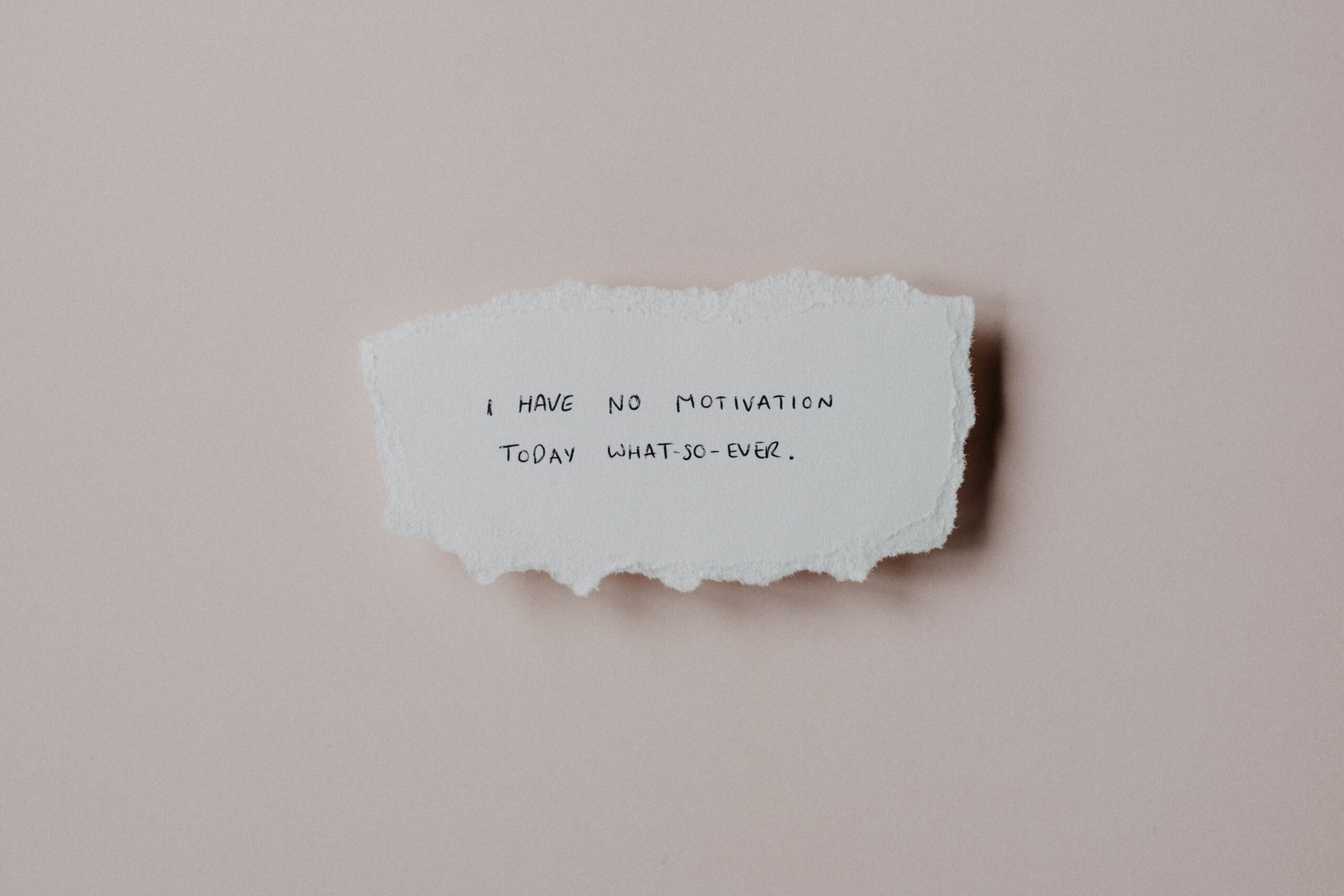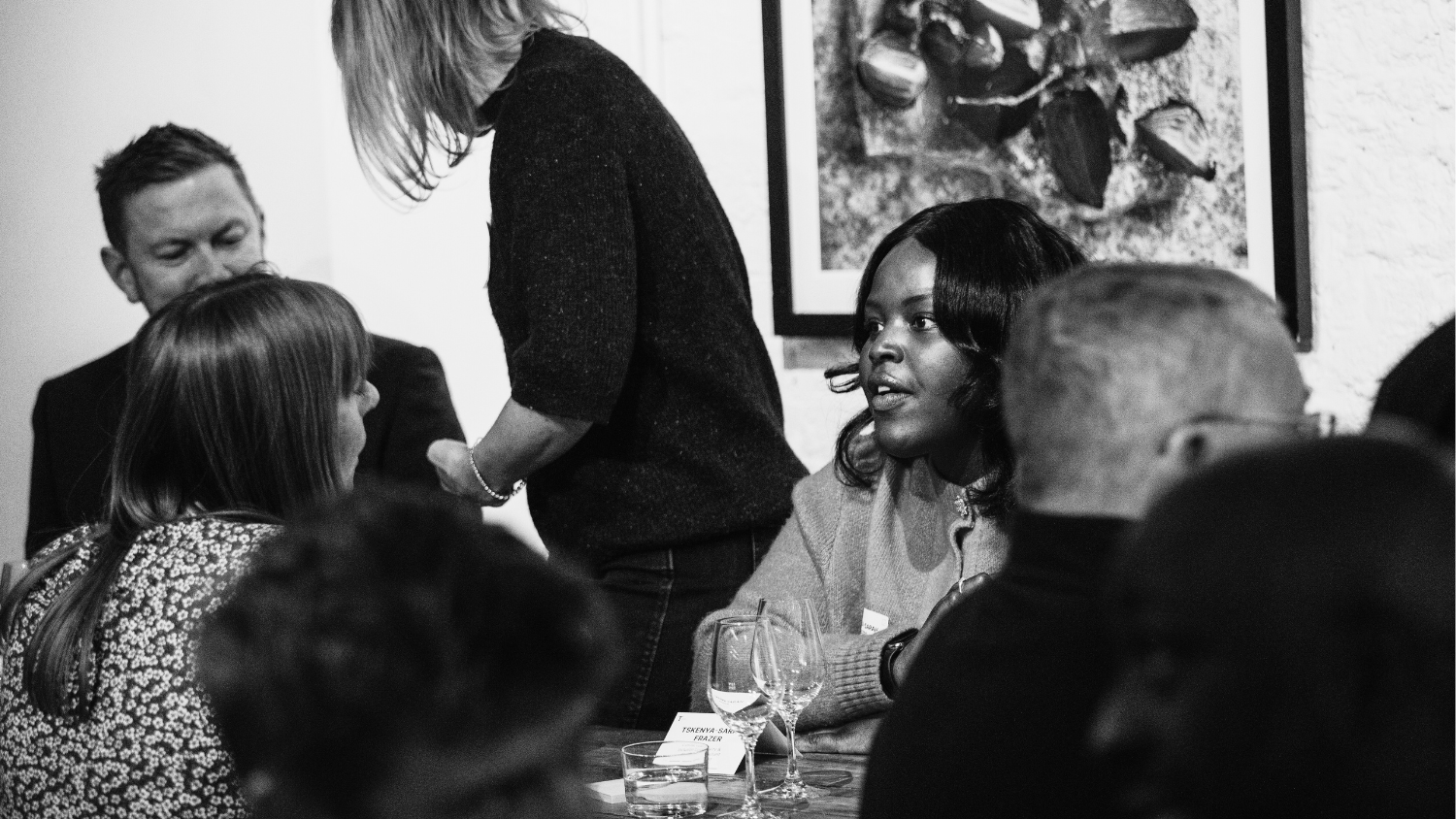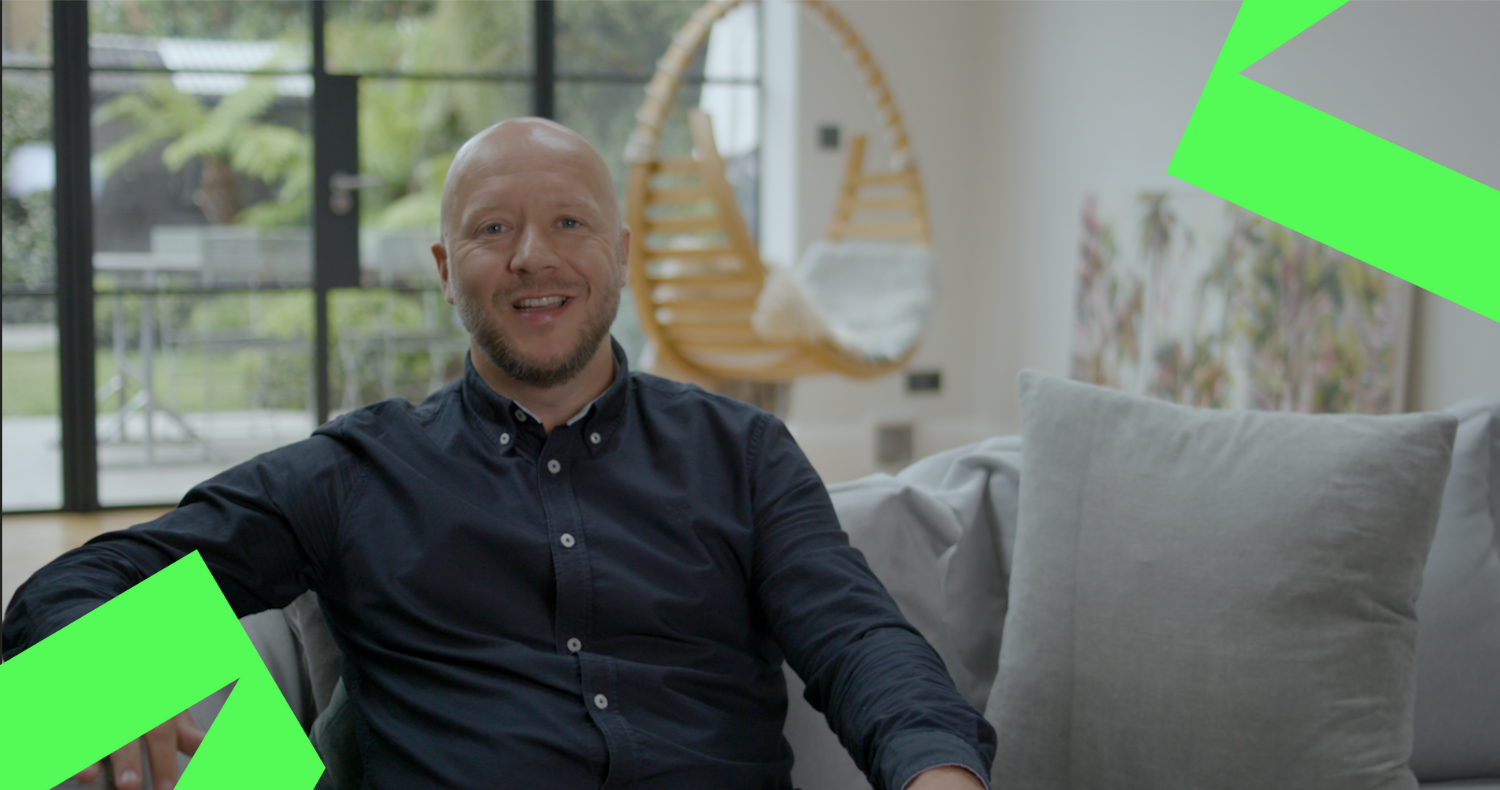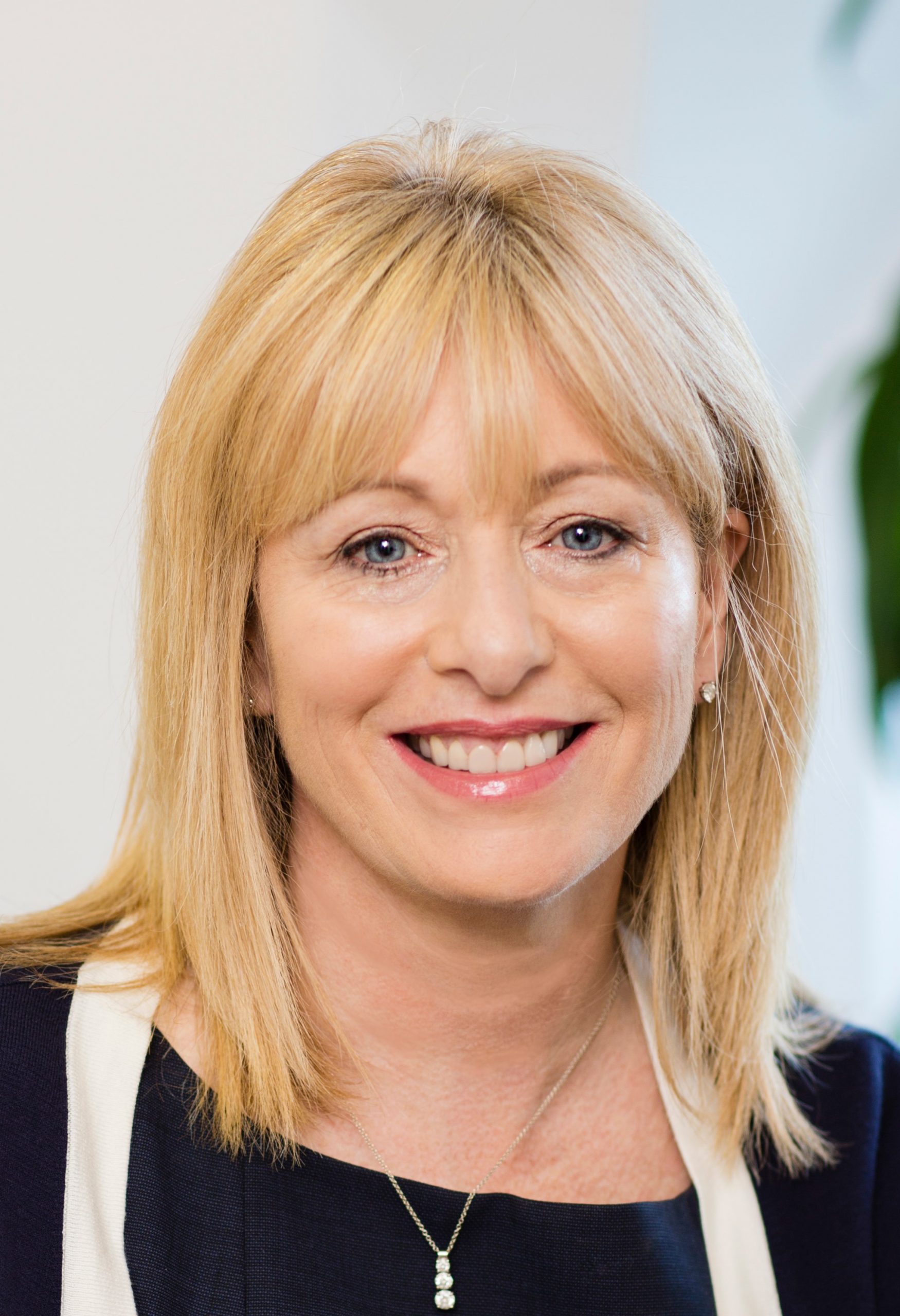
“Do you want to sell sugar water for the rest of your life, or do you want to come with me and change the world?”
Steve Jobs when hiring John Scully from PepsiCo
Unfortunately, not many of us get job offers like that every day. Particularly not on Blue Monday – the most depressing day of the year.
But did you know that Blue Monday, often labelled as the most depressing day of the year, is more of a myth than a reality? Originating in 2005 from a travel company’s PR campaign, there’s no scientific backing for this claim. The concept was based on factors like weather, post-holiday debt, and failing New Year’s resolutions, but these aren’t valid for declaring any day as the most depressing.
The post-holiday period can indeed be challenging, but mental health concerns don’t adhere to a specific calendar date.
Whilst the stats show that most of us spend our January’s scrolling through LinkedIn looking wistfully for signs of the greener grass beyond, the truth is we don’t have to be changing the world dramatically or even changing our careers to feel more motivated, energised and purposeful.
Maybe we already feel purposeful. That’s brilliant. Not only do the shorter days feel like they go faster, but psychologists have also shown we’re likely to be healthier, we live longer, more fulfilling lives, and we are happier and more productive at work. Sounds pretty good eh?
But for the rest of us, how do we find this energy, this fuel, this wonder drug, this elixir of life within ourselves?
There are lots of theories of motivation out there. It’s a question that has vexed psychologists for decades.
The simple answer is that we need to get clear on the source of our motivation.
Rather than being motivated by something because it leads to another desirable outcome, we need to find what is driving us when we do something for the pure love or enjoyment of the activity itself.
There are three key questions that can help us identify these intrinsic motivators – by focussing on our passions talents and values:
Understanding intrinsic motivators is the key to unlocking our energy. It’s different for everyone, and the list of what motivates us could be endless.
But we also need to prioritise. And then we need to find practical ways to adapt our roles to unlock more of these drivers within ourselves.
We’ve developed a tool called the wheel of motivation to help people do this.

































